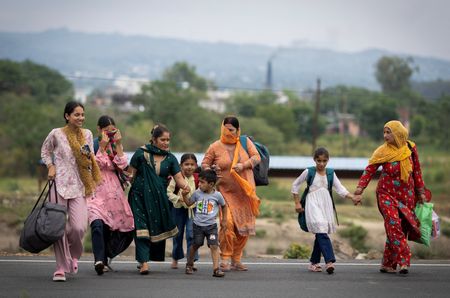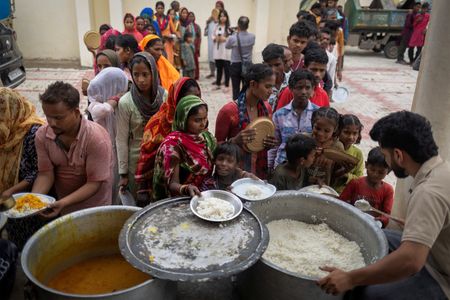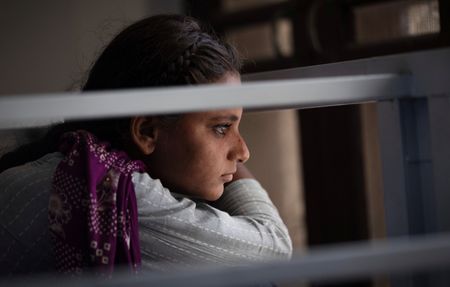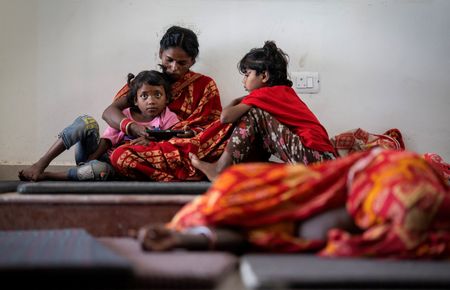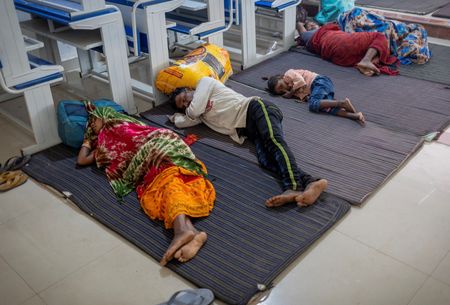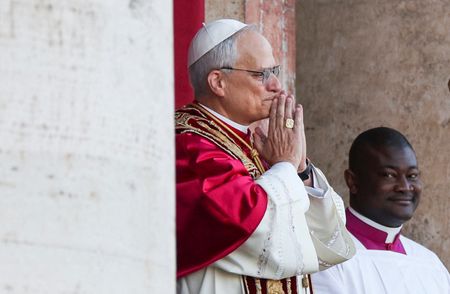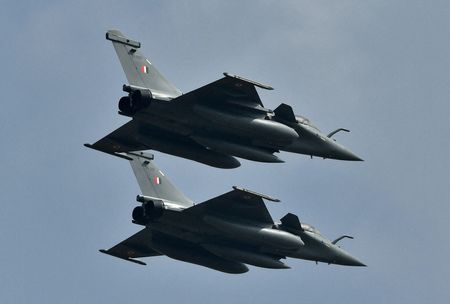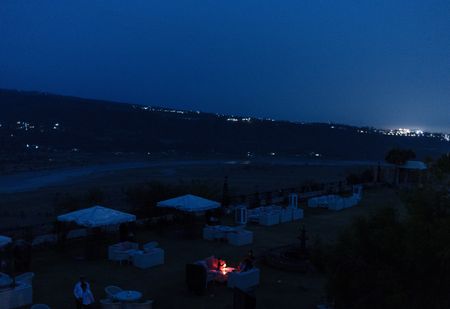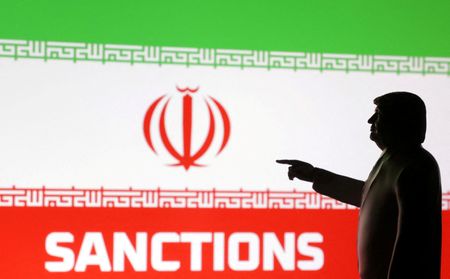By Aftab Ahmed
JAMMU, India (Reuters) – Kalia Devi was among hundreds of fearful civilians evacuated before dawn from the line of fire along India’s northwestern border with Pakistan as clashes between the two nuclear-armed arch-rivals intensified.
India says at least 13 of its civilians have been killed and 59 wounded from cross-border gunfire and shelling while Pakistan says at least 31 of its civilians have died and about 50 have been wounded by Indian airstrikes and artillery.
“Fear has entered my heart,” said 50-year-old Devi, seated on the steps of a college on the outskirts of Jammu city, which was buzzing with students just a few weeks back.
Devi, a daily labourer, had recently come along with 15 relatives from Bihar, one of India’s poorest regions, for employment in the village of Akhnoor near Jammu, in the Indian-administered part of the disputed Himalayan region of Kashmir.
“We have to live first,” she said. “If this (conflict) does not get resolved soon, we will have to consider leaving.”
Hundreds like her were evacuated in buses on Wednesday from two border villages that have previously been caught in crossfire between the old enemies, to a college 20 kilometers (12 miles) back from the frontier that has been converted into a shelter for the displaced.
Explosions rang out across Jammu later on Thursday during what Indian military sources said they suspected was a Pakistani drone attack across the region on the second day of major clashes between the estranged South Asian powers.
World powers from the U.S. to Russia and China have called for calm in one of the world’s most dangerous, and most populated, nuclear flashpoint regions.
Efforts to move villagers back from the border were to save civilian lives, according to an Indian police officer who did not want to be named.
“The day before, gunshots could be heard for an hour at a stretch at midnight and then another fusillade at 4 a.m. (local time),” evacuee Pratima Devi said. “I just could not sleep out of fear. But I slept peacefully in the college last night.”
The college classrooms were converted into bedrooms with thin mattresses to accommodate around 400 people, replacing desks and chairs. Indian authorities assigned two doctors to the facility and arranged for basic meals.
Nearby, a Hindu spiritual retreat was also turned into a sheter for hundreds of evacuees, mainly women and children.
“This is a border area and because of the (high) chances of gunfire we have been moved here. We feel protected here,” 11-year old Sameer Pawar said in English.
Most of the evacuees were farmers or daily labourers who earned on average the equivalent of less than $60 a month.
($1 = 85.3960 Indian rupees)
(Reporting by Aftab Ahmed; editing by Mark Heinrich)

